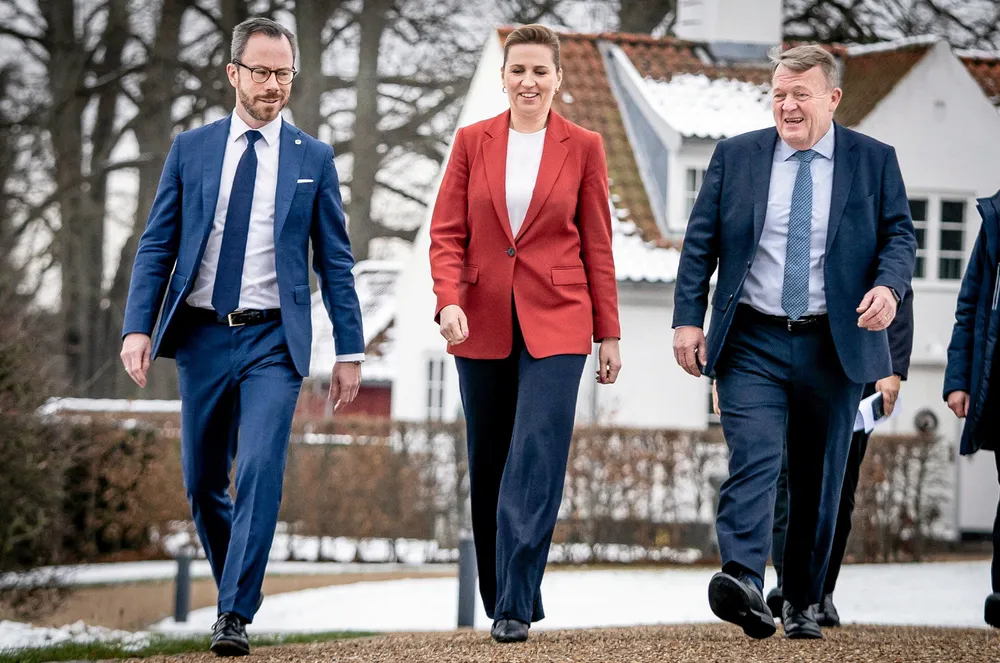Denmark agrees to finance hydrogen pipeline network — if sector meets five conditions
Government and seven other political parties sign economic framework for H2 infrastructure on the Jutland peninsula

Government and seven other political parties sign economic framework for H2 infrastructure on the Jutland peninsula
